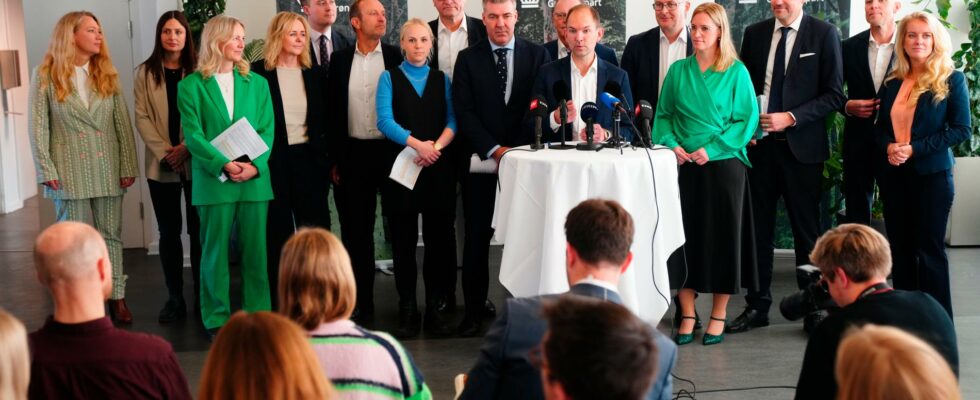unsaveSave
expand-left
full screenDenmark presents a historic carbon dioxide tax on agriculture. Photo: Ida Marie Odgaard/Ritzau/TT
After intensive negotiations, the Danish government has passed a political package aimed at promoting the green transition. With the so-called “green tripartite”, the country will introduce a carbon dioxide tax on agriculture in 2030.
Ten percent of Denmark’s area must also be converted to nature and forest until 2045. Nitrogen emissions from agriculture must be reduced by 13,780 tons per year.
– We will be the first country in the world to introduce a carbon dioxide tax on agriculture, says the country’s climate and energy minister Lars Aagaard (M).
– It shows a willingness to act. It also shows that the Danish model works where the sector affected by the agreement is involved, continues Aagaard, referring to the country’s agricultural sector, which was involved in the negotiations.
The new tax will amount to 300 Danish kroner per tonne of emitted carbon dioxide in 2030 and then rise to 750 kroner per tonne in 2035.
But the tax is combined with a basic deduction of 60 percent, which makes the actual tax rates significantly lower.
This is described as a victory by the chairman of the agricultural organization Landbrug&Fødevarer, Søren Søndergaard.
“We have made a significant impact on the results,” he says.
The tax will be based on emissions from manure management and from livestock digestion.
The agreement has already been called historic. However, some parties had wanted to go even further.
– There is no doubt that I would have liked a higher carbon dioxide tax, says Signe Munk (SF).
